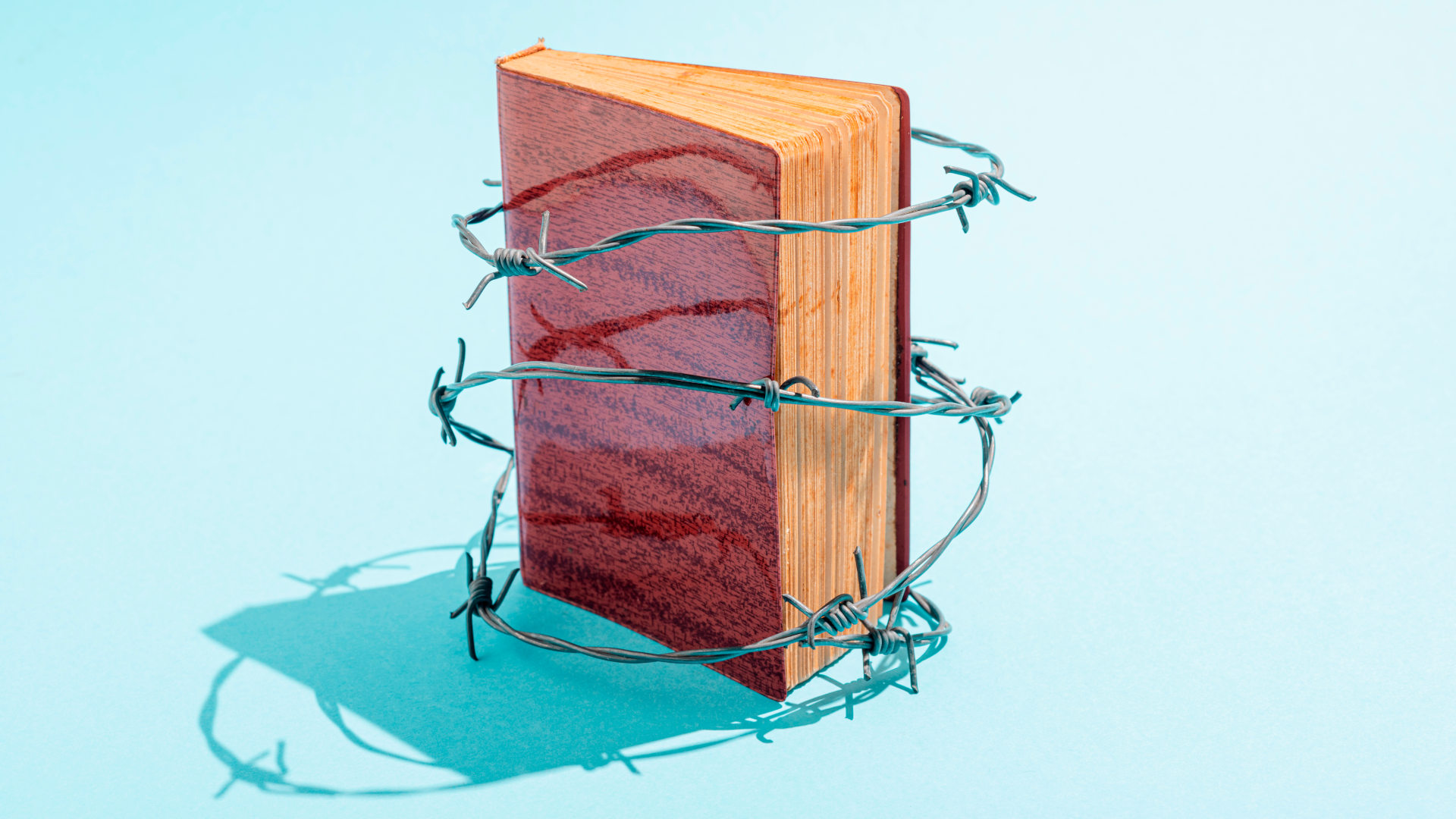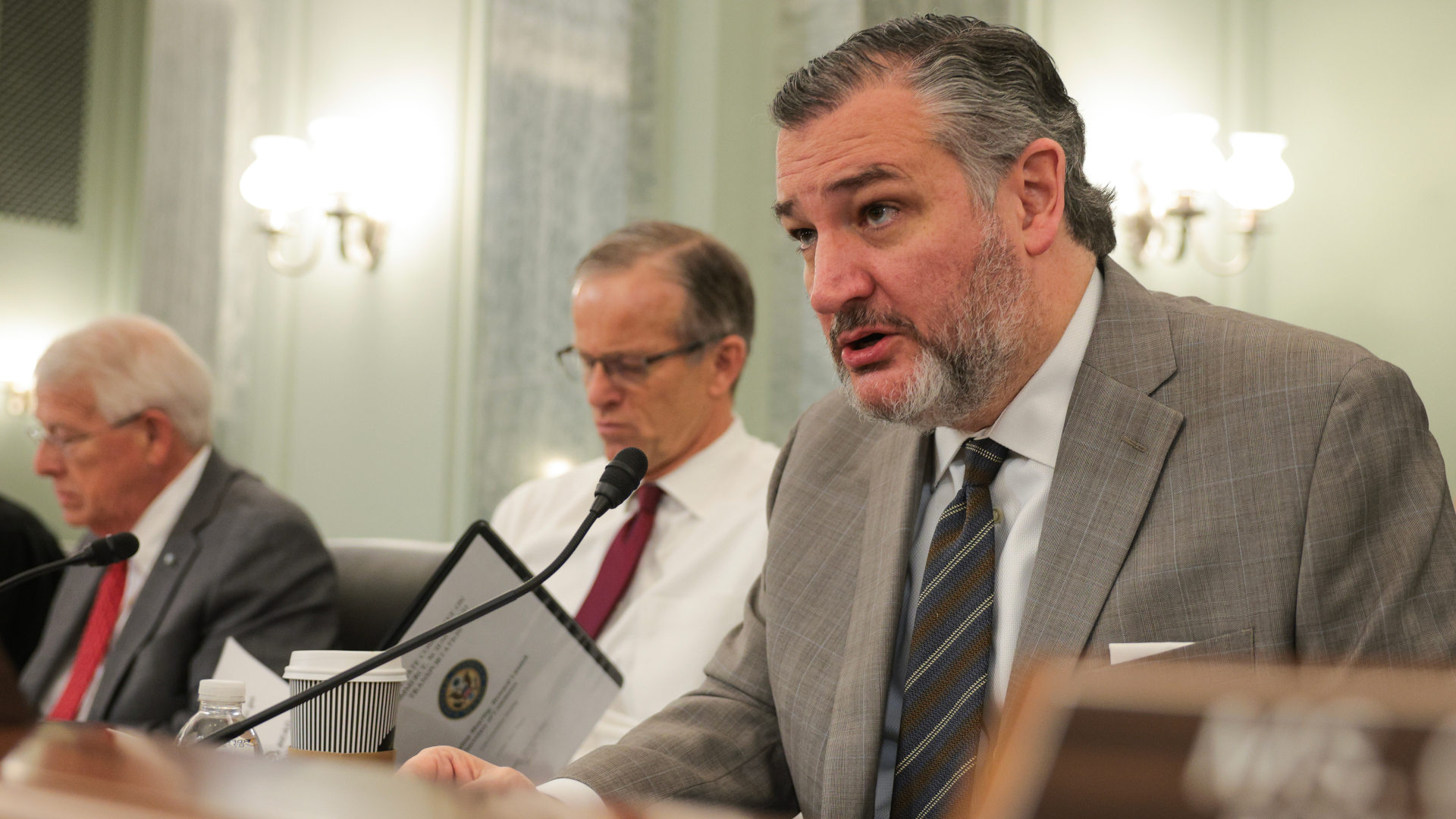The Chilling Effect of DEI Crackdowns in Scientific Publishing
Tamar Antin studies smoking. As an anthropologist who has published research in scientific journals for the last 20 years, she’s accustomed to editors polishing her manuscripts. But recently, she sent a paper on tobacco use in rural California to Public Health Reports, the official journal of the U.S. Surgeon General and the U.S. Public Health Service.
And, for the first time, Antin received edits that, in her view, went beyond the pale.
After going through two rounds of peer review, which is typical, the journal asked her to do something unusual: replace the word “equitably” and take out data reporting demographic makeup. “They asked us to remove that,” she said, citing compliance with an executive order.
While the editors did not name the order in question, Executive Order 14151, issued by President Donald Trump in January, said the U.S. government would terminate all activities related to diversity, equity, and inclusion, or DEI, programs inside federal agencies. Another order said the U.S. would only recognize two sexes. The federal directives have prompted conflict in academic publishing, as scientific journals and authors self-police.
Antin and her co-author, Rachelle Annechino, who work together at the Center for Critical Public Health in Alameda, rejected the proposed changes, pointing out that they had no scientific basis. Then, they decided to pull their unpublished paper entirely and publicize their act of defiance.
“So it happened,” they wrote in a blog post, “We have officially withdrawn a paper accepted for publication in a scientific journal because of editorial requests to remove language deemed out of compliance with executive orders.” In response to a request for comment, the journal’s publisher, Sage, directed Undark to the journal’s editors, who sent the request to the U.S. Department of Health and Human Services, which oversees the U.S. Public Health Service. An agency spokesperson who signed off as Kate provided an emailed statement that noted: “HHS, as part of the executive branch of the federal government, must ensure that all documents we publish comply with relevant Executive Orders.”
The withdrawn study concerned rural health, not a key area explicitly in the crosshairs. “It had nothing to do with our research on sexual and gender minority health,” Antin said in an interview with Undark. Moreover, the scientists who anonymously reviewed the paper and recommended it be accepted for publication had not flagged the table showing demographic data. These data are common. And, to Antin, their removal reeked of political interference. “We could have kept it, not kept it, whatever,” she said. “It didn’t matter. But it’s the principle, right? If they’re asking us to do that, what are they asking of other researchers?”
The symbolic withdrawal of the journal article suggested resistance to the current administration’s efforts to influence science that it views as unduly ideological. It’s not uncommon for the executive branch to centralize decision-making, and agencies such as HHS, which includes the Centers for Disease Control and Prevention, have long had a formal review process for vetting papers prior to publication—particularly for journals overseen by federal agencies. But the scope of the mandates now impacting individual researchers is unusual, and while the meddling might suggest politics as usual—or at least par for the course—some experts predict a more chilling effect.
“It’s the principle, right? If they’re asking us to do that, what are they asking of other researchers?”
“There’s a lot that is wrong with the approach,” said Thomas Babor, an emeritus professor at the University of Connecticut School of Medicine, “which is indiscriminate in terms of just banning the use of the terms, like gender, in scientific publications.” Babor co-developed the Sex and Gender Equity in Research, or SAGER, guidelines, a standard for reporting on sex and gender in scientific journals, and he along with 27 other current and former journal editors recently published a clarion call for addiction researchers to resist the Trump administration’s anti-scientific policies, which calls the orders unscientific, unethical, and possibly illegal.
In an interview, he echoed Antin’s point about the removal of demographic data, adding that investigations into drug use and communicable disease and their risk factors needed to pay attention to gender and sex issues: “That needs to be left to the public health community and the scientific community and not to the intrusions from an anti-woke ideological type of theory, which is very, very hostile to public health science.”
What followed the federal directives was additional funding cuts and also confusion: Some reports suggested scientific researchers on the federal payroll would not be permitted to submit articles to journals, but another January memo from the National Institutes of Health suggested staff could continue submitting papers. Then, in late January, the CDC’s Morbidity and Mortality Weekly Report, the so-called “voice of the CDC,” paused publication, possibly for the first time in 60 years. The MMWR has since resumed publishing but reportedly must be “cleared” by a political appointee.
Another proposed budget, leaked to MedPage Today, suggests two additional CDC journals, Emerging Infectious Diseases and Preventing Chronic Disease, might get axed. In late April, Environmental Health Perspectives, a journal published with support from the NIH’s National Institute of Environmental Health Sciences, announced a pause on new submitted studies, citing uncertainties in federal funding — or, as the journal’s statement put it, “changes in operational resources.”
So far, though, journals do not appear to be publicly shuttering en masse. “We’re not seeing any significant number disappearing,” said Dan Kulp, the former chair of the Committee on Publication Ethics, or COPE, a nonprofit with 14,000 members. Data suggest CDC researchers once put out an estimated 50 articles per week, and some analyses find that federal agencies account for a small portion of global output. As Kulp put it, “It’s only those handful that are especially U.S. government funded that we’re seeing the concerns with. And those are key journals in their field, but there’s very few of them.”
That said, the U.S. is so central to scientific publishing that politically motivated stances could have a broader effect, even if the scope of the political interference did not affect most journals or authors directly. Marcus Munafò, a professor of biological psychology and deputy vice chancellor and provost at the University of Bath and the former editor-in-chief of Nicotine & Tobacco Research, said the impact could affect academic freedom: “And that’s why people are reacting strongly to it. But, in a practical sense, I think the impact is likely to be minimal. It’s more the moral impact.”
Journals continue to register the impact. In a February editorial, the prestigious medical journal The Lancet, wrote, “Reviewers are declining and authors are self-censoring.” Others explicitly pushed back. The editors of six infectious disease journals reaffirmed their “commitment to maintaining an open platform for scientific exchange, free from political interference.” COPE issued a statement saying, in short, authors should not cave to political pressure.
Kulp, the former COPE chair, acknowledged that many concerns remain, chiefly because of the ongoing uncertainty and chaos. “No one knows what to be scared of per se, but there’s a concern because it’s no longer following the norm.”
“In a practical sense, I think the impact is likely to be minimal. It’s more the moral impact.”
In May, the American Journal of Public Health published an editorial saying it would decline requests from authors to withdraw or change the wording in accepted papers due to political or ideological pressures. Once a journal accepts a paper for publication, authors can no longer make changes — including to authorship. Editor-in-chief of the AJPH, Alfredo Morabia, said in an interview that most of the requests had come from researchers at federal institutions. He was unmoved, saying the journal’s stance was not just a matter of protocol; it was a matter of principle: “The most important aspect is the defense of the scientific record, its integrity. Because once something has been accepted for publication, it’s part of the scientific record. And if you start changing it, then there’s no limit.”
Morabia said his editorial was received well, even among the authors whose requests the journal declined. “There’s an issue here of defending the science, defending people,” he added, “because once you start purging the scientific record, you destroy lives.”
Was the word “equitably” worth sticking up for, personally or professionally? Antin said there haven’t been any major repercussions stemming from her paper’s withdrawal, at least not yet. Not long afterwards, though, she said a major grant for the Center for Critical Public Health was canceled — as part of a broader disruption of the administrative state and federal funding cuts to research. “So we’ve been a little busy,” she said. “But the paper will get published. We’re in the process of trying to identify a venue that makes sense for it. It will certainly not be in a journal that is supported by the federal government, that’s for sure.”
Many suggested the language policing spelled a loss going forward. “Even if this information didn’t, by removing it, alter the conclusion to the paper as it stands,” Munafò said, “that doesn’t mean that that information isn’t useful because other researchers might want to make use of the underlying data in a future study.” Scientists standardize data and use clearly defined and understood terms for a reason: It allows research to effect real-world change. “So removing that information, I think, could, in principle, have an impact on the scientific value of the research because it reduces the extent to which it could be repurposed, reanalyzed, or understood in different ways further down the line.”
“Once something has been accepted for publication, it’s part of the scientific record. And if you start changing it, then there’s no limit.”
Antin and Annechino’s unpublished paper added to a body of research suggesting that sexual and gender minorities remain a priority population for tobacco researchers. There are tremendous inequities in smoking, and these data are important for designing interventions. “But if we’re not able to do that with the most significant source of funding for our research, that’s hugely problematic,” Antin said. “And those are papers that will not make it into any journal because the science isn’t being funded.”
Rural health, she and her colleague Geoffrey Hunt argued in a March editorial, remains critically overlooked. And, as Antin put it in an interview, these issues clearly went beyond policing the language of scientific subjects the White House deemed unworthy: “Their executive orders are specifically trying to censor research related to populations who are experiencing the most inequities in health.”












I have reviewed articles for several years for scientific journals such as “Health Physics” and “Radioactivity and Radiochemistry”. The actions detailed in this article fall under the category of malicious compliance. Some editors have chosen to interpret the executive order in such a manner as to inconvenience or harm others and to irritate their perceived “enemies”, the current administration. The original executive order #14173 can be read in only a few minutes, and the intent is clear: government institutions should change from using race and sex to award contracts, offer employment, etc., to using ability, character, experience, and other objective qualifiers. Private companies, such as journals, are encouraged to take similar actions. What we are seeing here is the petulant behavior of children.